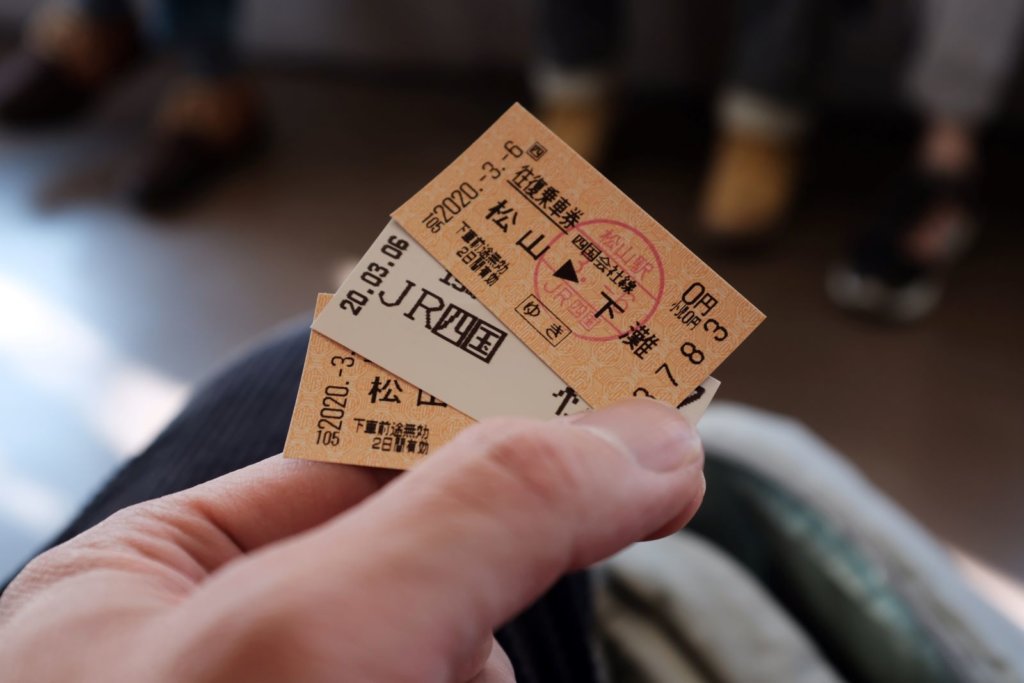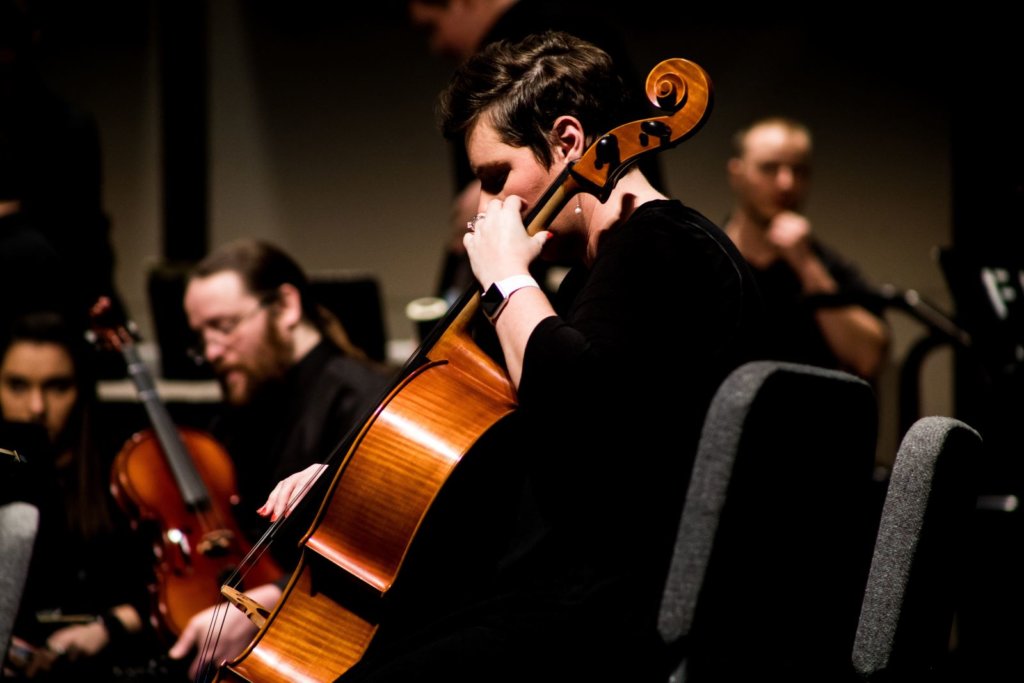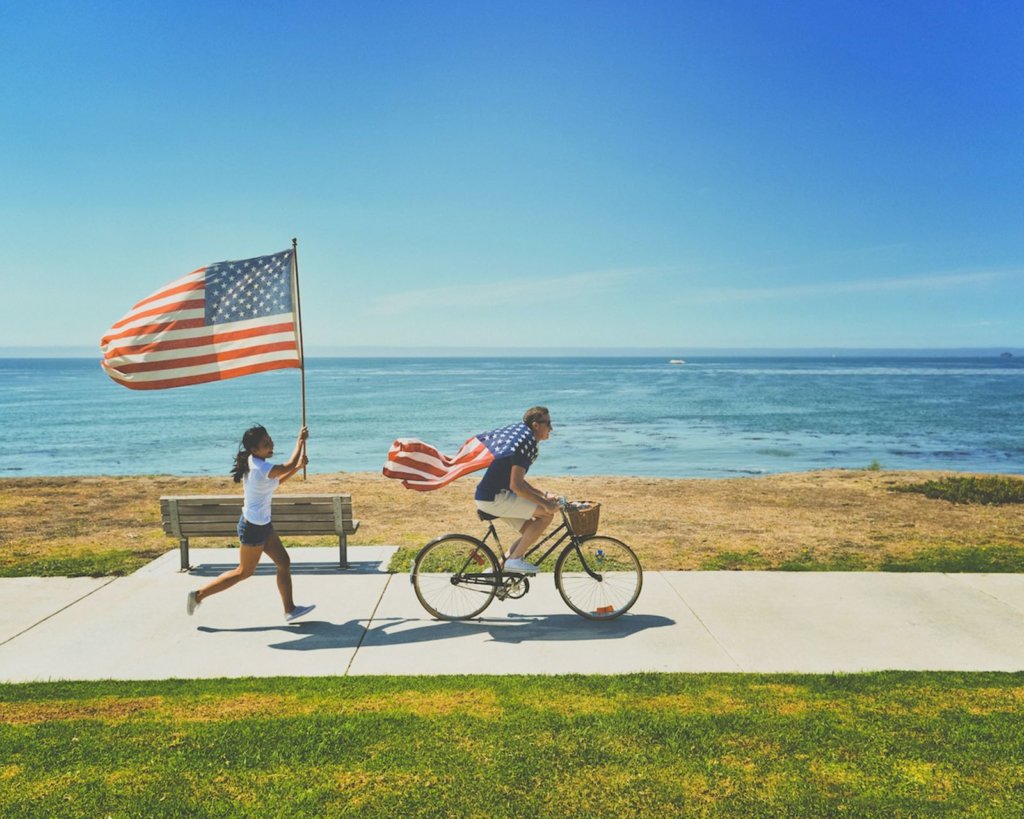I have to admit I’m feeling rather spiteful and vindictive. I’m pissed off at the hypocrisy of Mitch McConnell and his ilk regarding replacing Ruth Bader Ginsburg’s justice seat. I’m livid Breonna Taylor’s murderers – Brett Hankison, Myles Cosgrove, and Jonathan Mattingly – were not punished sufficiently for their crimes. I’m angry and frankly scared that Donald Trump will refuse to cede power if he’s voted out. Some vigilante justice sounds mighty appealing right now. However, I also remind myself what my spiritual philosophy says about justice.
First off, it’s a law of nature that for every action there’s an equal and opposite reaction. Actions have consequences, even if they’re not expressed right away. For instance, my spiritual teacher was on a walk with someone when they passed by the house of a Brahmin who just died. My spiritual teacher told his companion:
“Though this man was a prominent member of the Brahmin community, he was not a pious man as befits a Brahmin. In fact, he was a sinful and greedy man who never reflected on his misdeeds or repented for them. He was full of caste vanity and arrogance. Throughout his life he treated the lower castes with scorn. What will be his reward for his pride and vanity? He will be reborn as a dog. If he wanders into a gathering of Brahmins, will they not treat him as an untouchable and drive him away, just as he did to others in this life?”
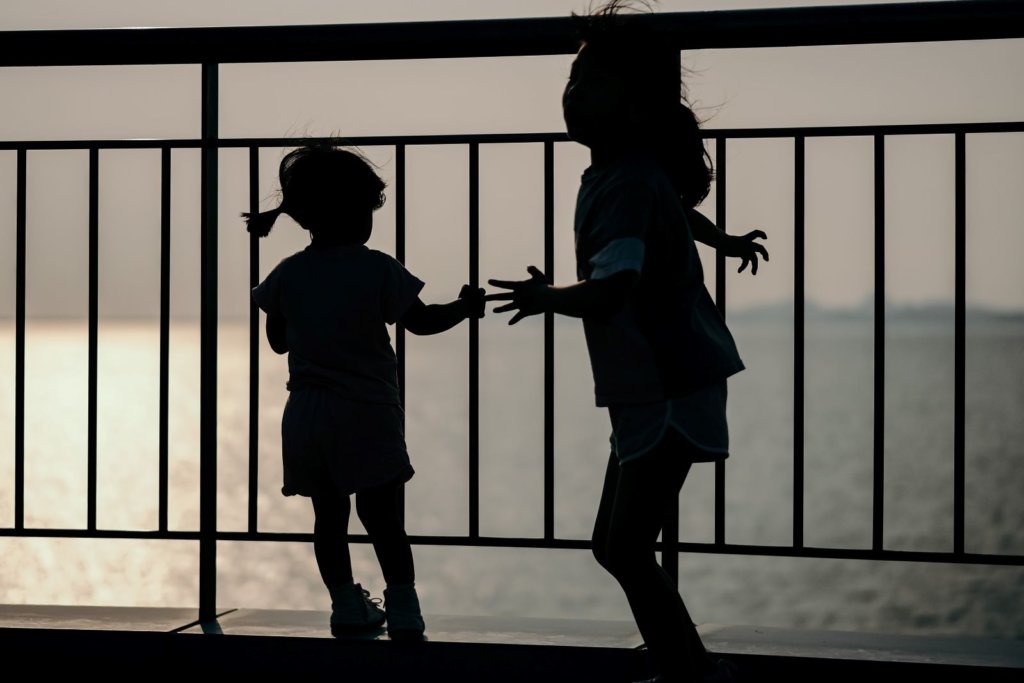
This picture felt like a good mix of imprisonment but also love. Photo by insung yoon on Unsplash
Actions have consequences, for better or for worse. What I notice in telling this story is some glee. My response is, “Good. You got what you deserved.” But sharing that I also feel a pinprick of discomfort because it’s mean-minded. I want to see people punished for their crimes but my spiritual teacher also says we don’t have the right to punish someone we do not love, and furthermore, the amount of punishment meted out must not exceed the amount of love we feel. Yikes. Why is that?
If life is about love, about seeing the divine in everyone, it makes sense that all actions are to be taken with that spirit. If I punish someone out of spite, it creates a feeling of vindictiveness. My mind degrades and the person punished also likely feels resentment. Instead, punishment should be corrective in nature. My spiritual teacher also says, “If a system of corrective measures is introduced, criminals, whether they were deeply involved in the crime or not, will have no reason to complain against anyone. Although there may be flaws in the judgment, it will not harm them in any way. A person who is definitely guilty will benefit from a system of corrective measures, and even a person who is not guilty will benefit from such a system.”
I know I’m being challenged right now to maintain my feelings of love, but what softens my heart is thinking power-hungry people are sick. Those who don’t care one iota about anyone other than themselves are mentally ill. Those who seek to divide others, to promote inferiority and superiority are unwell. As a society, we must take corrective measures – I’m not suggesting we throw our hands up in the air and excuse anyone’s behavior – but can we continue to see God in everyone, especially people we don’t like? That’s the practice anyway.
I dream of a world where we realize the universe will restore balance without any input from us. A world where we recognize actions have consequences for better or for worse. A world where we try to correct others instead of punishing them. A world where we see God in everyone, even people we want to punish.
Another world is not only possible, it’s probable.
When I’m going through a tough time, or the world around me is challenging like it is now, I don’t derive comfort from hearing, “This, too, shall pass.” I know some people do and I’m glad, but for me, when I hear, “This, too, shall pass” my response is, “When? Can you give me a timeframe? An estimate even?” But no one really knows, except for some stellar psychics, but I’ve never met any of those. If you have, can you give them my number? I have some questions.
Instead, what comes to mind right now is a quote that is misattributed to Winston Churchill: “If you’re going through hell, keep going.” Because honestly, what other choice is there? When life is grim, when smoke is so thick you can’t see across the street, when the sun is blocked from view and you think you’re on another planet the sky is so orange, what do you do? You keep putting one foot in front of the other over and over again until things change. And the only way I know how to do that is to borrow from another cliché prevalent in 12-step communities: one day at a time.
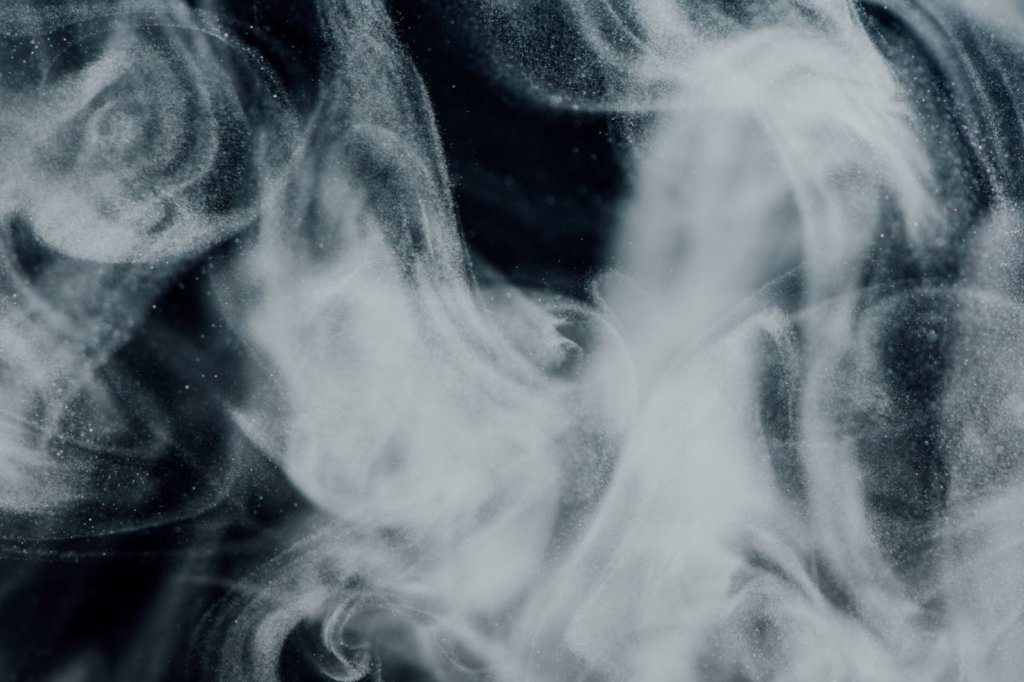
Not a fan of the smoke, but this is also an expression of Spirit. Photo by chuttersnap on Unsplash
I read an article in the Atlantic recently by Molly Jong-Fast that sums up this principle beautifully. She wrote:
Look, I’m as obsessed with “getting back to normal” as everyone else is, but I try not to worry about when that will be possible. I’ll lose it if I think in terms of hanging on until there’s a vaccine. Some people may find it helpful to tell themselves, It’s not forever. It’s just a few months. In my experience, though, when there’s no firm deadline for the end of an ordeal—and no one really knows when the pandemic will end—it’s better to focus on getting through the day. Life isn’t lived two weeks from now, or two months from now. Life exists in the moment and nowhere else.
Life exists in the moment and nowhere else. That means I can’t think about when it will rain, when I can open my windows again, when I can step outside without an n99 mask designed to filter out smoke. Instead I can focus on the moment, like the carrot I’m munching on while I type this, or my flowers swaying in the breeze.
I can also get quiet and touch the inner calm, the inner strength that lies within me and within everyone. The point of my spiritual practice is not to run away from the world, to search for a better, happier place, but instead to recognize the divinity present here, now. My spiritual practice affirms over and over again that I am an expression of an infinite, loving consciousness. That this body, this mind, this world is an expression of Spirit both beautiful and terrible.
My spiritual teacher says “God” is an acronym that stands for Generator, Operator, and Destroyer. That means God is not only the beauty in the world but also the ugly. And the reality is the cycle of life is a never-ending rhythm of creation, operation, and destruction. I don’t like it, I don’t wish for it, I still act responsibly with regards to my life and the lives of others, but can I have some perspective? Can I remember that God is here, too, in this hell? That’s the work anyway.
I dream of a world where we keep going in the most hellacious of circumstances. A world where we continue to take each day as it comes doing the next right action and then the next. A world where we remember God is not only the wonderful, but the terrible. A world where we realize that in the horrible, Spirit is there, too.
Another world is not only possible, it’s probable.
Lately I’ve been thinking about fairness, or rather its opposite. How it’s not fair that people we love die. Or that fascist leaders are calling the shots. Or that the world literally and figuratively burns so a few companies can increase their profits. It’s not fair.
If you’re anything like me, in response to, “It’s not fair,” someone invariably says, “Life isn’t fair,” as if that makes the situation better. The inherent message behind “life isn’t fair” is “deal with it.” But what if I don’t want to deal with it? What if I don’t want to toughen up and accept the unfairness of it all? What if I’d rather curl into a ball and whimper like a wounded animal? Can I do that instead?
This year has been absolutely gut-wrenching for numerous reasons. NUMEROUS. I’m over this year. I want something new, and yet wanting isn’t enough. As they say, faith without works is dead. I’ve also heard that pain is the price of admission into a new life. Ouch. Say it ain’t so, but it is.
When I think about creating something new – art, a business, a life even – there’s often an element of pain, or at least hardship. Rarely is the creation process smooth sailing from start to finish. There are usually obstacles to overcome, hurdles to clear. Maybe this period we’re in, maybe this year, is the admission price we’re paying for a new way of life.
It seems to me humanity is being forced to change on numerous fronts. It’s become clear we cannot maintain the status quo because doing so equals death and destruction. Change isn’t easy, and frankly sometimes it sucks, but I have to believe everything we’re enduring is leading to something better. It’s the only way I can keep going, to continue putting one foot in front of the other. I’m also choosing to believe my spiritual teacher who said, “[A] bright future awaits you. Your future is glorious, your future is luminous, your future is effulgent.”
He describes himself as an incorrigible optimist and also said, “Human civilization now faces the final moment of a critical juncture. The dawn of a glorious new era is on the one side, and the worn-out skeleton of the past on the other. Humanity has to adopt either one or the other. You are the spiritual soldiers; you are the worshippers of life divine. Hence, I call upon you to adorn this crimson dawn deluged with glorious light. Victory is surely yours.”
We’re not on the other side of the fight yet. The world remains unfair, but slowly, in certain places, we’re moving in that direction. For instance, in Portland companies must pay a 10% tax surcharge if their CEO earns 100 to 250 times more than the median-paid worker. That number jumps to 25% if the CEO makes 250 times more than the median-paid worker. The law only applies to Portland, but other places like San Francisco are considering similar laws. Laws like these are a start and show me if we keep striving for a fairer society eventually it will happen.
I dream of a world that’s fair and just. A world that considers what’s in the best interest for the planet as a whole. A world where we realize the impact of our actions and adjust accordingly. A world where we understand sometimes pain is the price of admission into a new life.
Another world is not only possible, it’s probable.
I can’t speak for everywhere, but life in the Bay Area is pretty apocalyptic right now. On top of the pandemic, we also have a heatwave, rolling power outages, and 367 wildfires. Things are pretty bleak. However, instead of feeling constantly scared and depressed, I notice my mood vacillates. On Saturday, air quality improved to moderate as opposed to unhealthy. I opened my windows for the first time in days and let a cool breeze circulate inside my apartment. The inside temperature dropped from 86 degrees to a more manageable 78.
One of the things that prompted the most anxiety is wondering what I would do in the event of an evacuation. I don’t have a car. Would I have to hitch a ride with one of my neighbors? And where would I go? If I have to evacuate, all my local friends will likely have to evacuate as well. In that case, where would I stay? I mentioned all this to a friend of mine and he promised if we have to evacuate, he will drive over and pick me up. Hearing that, I felt better.
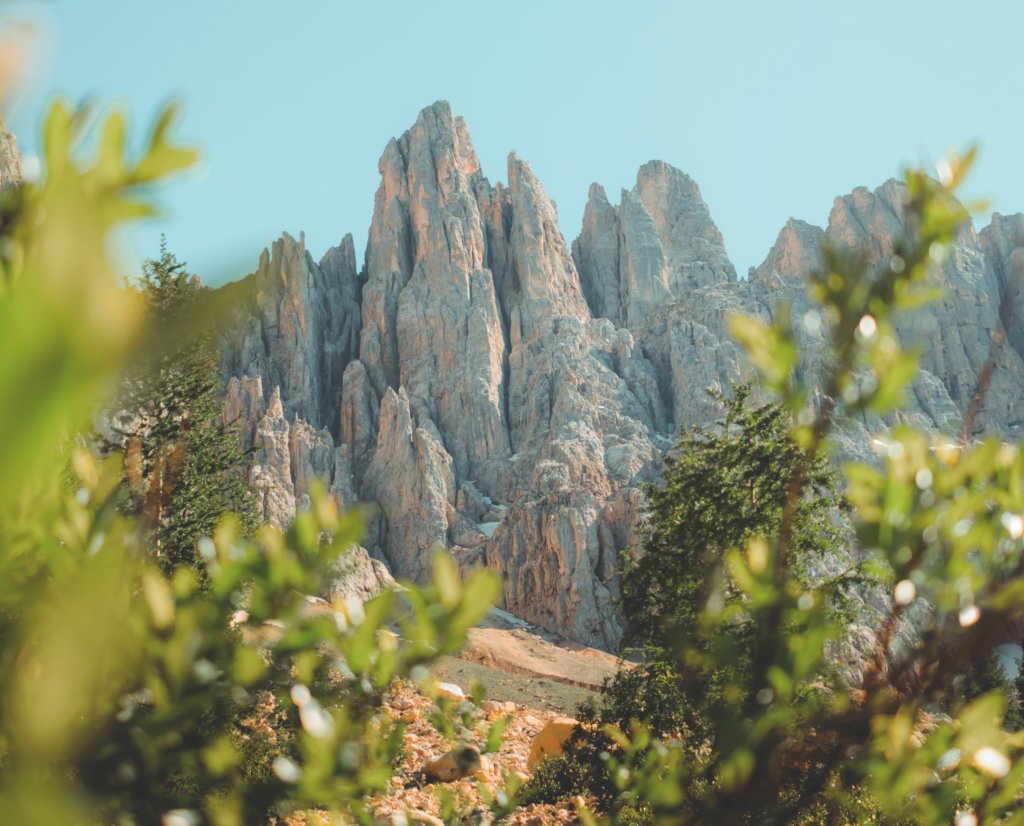
What does this picture have to do with anything? Nothing. It’s pretty. Photo by daniel plan on Unsplash
I mention all this because seeing my mood oscillate reminds me not only are emotions like that, but also life in general. Change can happen rapidly. A day can make a huge difference. Even in regards to these wildfires, a storm is headed our way, and if it’s a wet one instead of a dry one, the fires will diminish. I’ve been singing a rain song my spiritual teacher provided multiple times a day to encourage rain, but only time will tell if it helped.
However, even if it doesn’t rain soon, it will rain eventually. And the firefighters will eventually extinguish the blazes. My hope of course is sooner rather than later but regardless, a lot can happen in a day, in an hour, in an instant. Nothing remains static.
According to my spiritual philosophy, the Sanskrit word for the universe is jagat, and jagat comes from the root verb meaning “to move.” My spiritual teacher says, “Here in the universe, nothing is stationary, nothing is fixed. Everything moves; that’s why this universe is called jagat. Movement is its dharma; movement is its innate characteristic.”
Nothing is permanent. Nothing lasts forever. And between one day and the next, a lot can happen for better or for worse. When I’m having a down day, when I smell smoke drifting in from outside, when I wipe a layer of ash off my mailbox, I have to remind myself not only that this, too, shall pass, but also that life can improve at any moment. Sometimes hope is the only thing that can keep us going. It’s my wish that we all find some hope to hold onto while we traverse the catastrophes we’re enduring.
I dream of a world where we realize a lot can happen in an instant, an hour, a day. A world where we remember the universe is always moving and nothing lasts forever. A world where we hold on to hope for a better future because we remember what a difference a day can make.
Another world is not only possible, it’s probable.
On Sunday, a rare thunderstorm ripped through the Bay Area sparking wildfires because we’re also in the middle of a heatwave. On the one hand, it surprised me because, again, it’s rare to see rain in August, and on the other hand it pissed me off.
I’m angry because to me this is just another indication of climate change. Some people might say, “The weather is a mystery. We’ll never know why anything happens,” but in my opinion that’s naïve at best and malicious at worst. Everything we do has an effect. It’s a law of nature that for every action there’s a reaction. Why do human beings think they’re immune when it comes to planet Earth? That our actions don’t have consequences?
I watched an inspiring documentary on Hulu, The Biggest Little Farm, that shows how one thing is connected to another. I won’t give away any details because I don’t want to spoil any surprises, but here’s an example unrelated to the movie. The deer population in the U.S. is skyrocketing because human beings overhunted their natural predators: wolves, mountain lions, bears, etc. You know what happens when there are too many deer? Traffic accidents for one, an increase in Lyme disease for another, although there are other factors at play with Lyme disease as well.
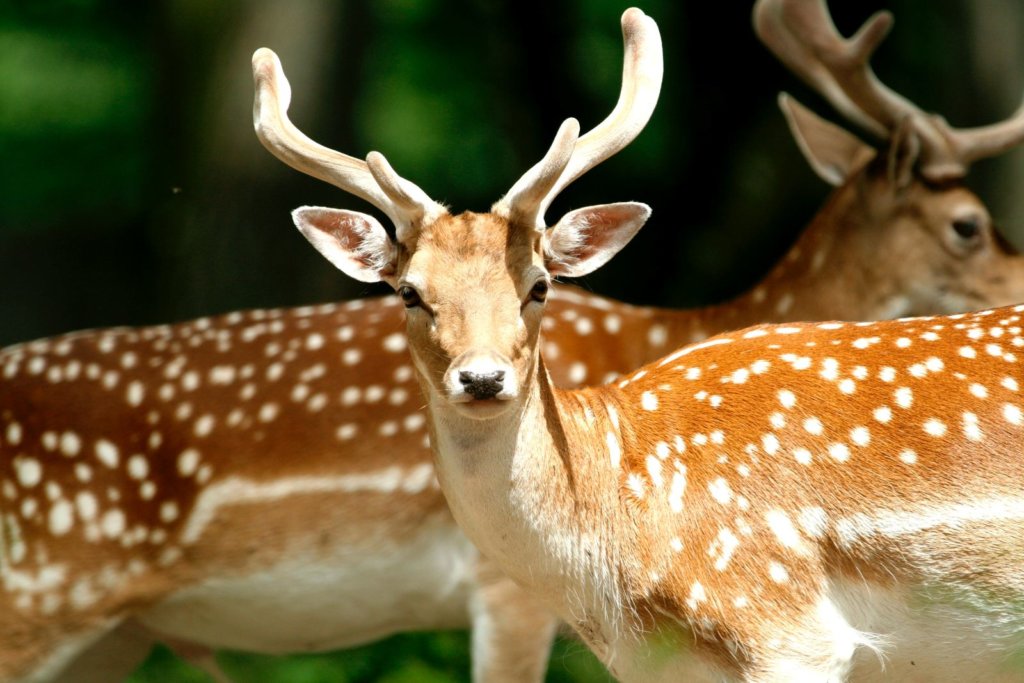
Looks so cute! But also must be kept in check. Photo by Delphine SCHIEB on Unsplash
When I see people denying climate change, I’m enraged because it’s like they would rather bury their heads in the sand than take any sort of responsibility for what’s happening in the world. It’s easier, and frankly lazier, to come up with conspiracy theories than work to make any sort of real change.
Also, we as a society in the U.S. anyway seem hellbent on maintaining the status quo rather than curbing the behavior of those responsible for climate change. I say “those responsible for climate change” because did you know 100 companies are to blame for more than 70% of the world’s greenhouse gas emissions? Only 100 companies! Yet researchers at Harvard and Yale are talking about spraying chemicals into the atmosphere to dim the sun because that seems more feasible than telling 100 companies to change their ways.
I realize scientists aren’t policymakers – they’re researchers, so of course they’ll research ways to combat climate change, but still. I find it ludicrous that we’re discussing something so outrageous as DIMMING THE SUN rather than forcing those 100 companies to curtail their greenhouse gas emissions. Not because we’re appealing to the goodness of their hearts, but because we have regulations with teeth.
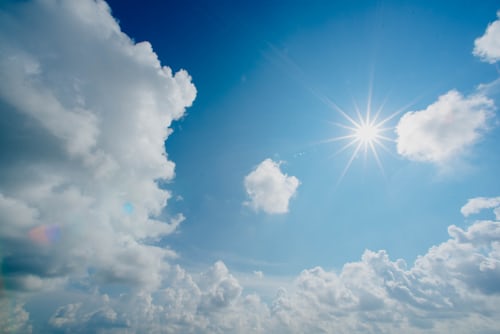
Let’s leave this alone, shall we? Photo by chuttersnap on Unsplash
What this all comes back to for me is a perspective and philosophy espoused by my spiritual teacher, which is taking into consideration the welfare of all living beings – not just human beings. He said, “We have recklessly destroyed large areas of forests without caring to think that thereby we are destroying the balance among the human, plant, and animal worlds. And we never realized – and still do not – that this wanton destruction of the animal and plant worlds will be of no benefit to human beings. Rather it will be a great loss for human society, because each and every living entity, whether plant or animal, has two types of value: one, its utility value, and the other, its existential value.”
I could write a whole other blog about existential value, but for now, I want to point out again that we are all interconnected, we are interdependent. What happens in the plant and animal worlds affects human beings and vice versa. And when we operate with that idea in mind, the entire world is better for it.
I dream of a world where we remember all of our actions have consequences. A world where we think of not only ourselves, but all living beings. A world where we do our best to act as caretakers for our planet because we understand every living being has value, even if we don’t know what it is.
Another world is not only possible, it’s probable.
I’ve written before about how Donald Trump represents our collective shadow in terms of racism and xenophobia, but he also represents the shadow side of the internet. His latest move withdrawing from the World Health Organization (WHO) is like unfriending someone on Facebook because you don’t like what they’re saying.
First off, I want to say I think the “unfriend,” “block,” and “mute” features on social media are important and necessary because no one should be subjected to abuse, but also there can be an element of using those features to create confirmation bias or insularity. These days you don’t have to listen to anyone who disagrees with you. You can ignore what other people say with relative ease. I notice this in my own life – whenever I post about Black Lives Matter on my professional Instagram account, I lose followers. That’s OK, I’ll keep posting about it, but it speaks to the shadow side of the internet.
We get to intentionally create our reality, our communities, and connect with like-minded individuals, which is great! But it can also lead to a disconnect from reality. If I only surround myself with people who think the Earth is flat, of course that will be what I believe. The statistics vary, but anywhere from 2% to more than 20% of people believe the Earth is flat! Even if it’s 2%, that’s a huge swathe of people. The notion continues to gain momentum because it has support from numerous Facebook groups and Youtube channels. The way we human beings determine what’s real is by consensus, by checking in with others. “Did you see that UFO zipping across the sky? No? Well I must have imagined it then.”
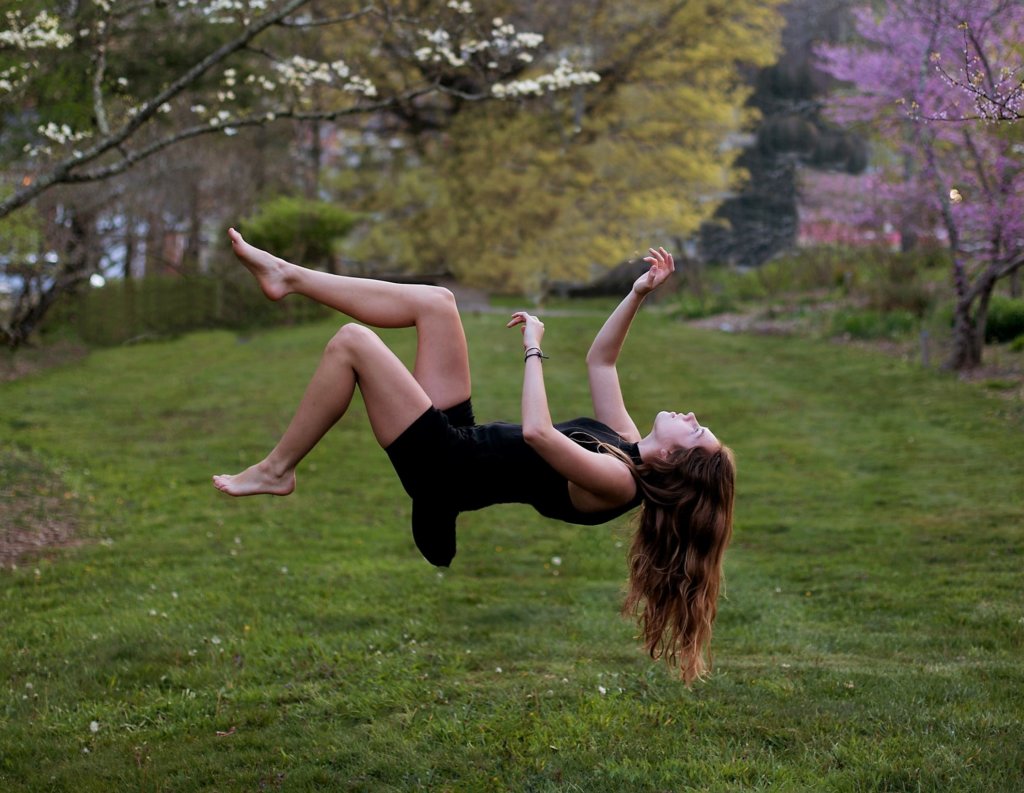
Is she actually floating?!? Photo by Ashley Bean on Unsplash
Because of the internet, we can find people who support our version of reality and that’s what Donald Trump does. How ironic that a “reality” TV star has no sense of consensus reality. He’s so used to creating the truth and now he gets to broadcast his reality to the world. He speaks to the seductive idea that the truth can be whatever you want it to be. It can feel empowering to say, “My truth is my truth” and ignore what other people say, especially if a person has experience with not being heard or believed. However, I’m going to quote Stephen Dinan, CEO and founder of The Shift Network, an alternative media company. He writes:
“The good aspect of claiming our own internal truth and authority – which human potential teachings typically promote – turns ugly and becomes a descent into ignorance when people stop respecting the hard-earned disciplines behind so many mainstream endeavors from science to journalism to medicine. Once we stop respecting expertise and the disciplines that inform that expertise, we put ourselves on a path to ignorance.
Precisely. When we tune out all other voices, we become ignorant. It’s what Donald Trump is advocating by withdrawing from the WHO. It’s what he’s advocating when he says people should stop getting tested for COVID-19. Because if you stop getting tested that means you don’t actually have the virus, right? Well, no. It just means that you can pretend everything is fine and delude yourself.
I can tie this in to my spiritual practice because on the one hand, my spiritual teacher advocates for self-realization, for developing intuition and connection to spirit so the internal reality is important. But on the other hand, he also urges us to have discernment, to use our brains when we’re in the world and reject what is irrational. In fact, he says, “Even if a young boy says something logical, it should be accepted. And if the Supreme Creator Brahma says something illogical, it should be rejected as rubbish.”
I dream of a world where we use our brains. A world where we understand our own version of reality is not the only version. A world where we realize it’s important to look at multiple perspectives and take into account what other people are saying. A world where we accept what is logical and reject what is not.
Another world is not only possible, it’s probable.
I’ve been thinking a lot about freedom because of the July 4th holiday. I’ve been wondering, what does it mean to be free in today’s world when many people are not allowed to live their lives? When they are shot for running down a street? When they are killed in their beds? I’m referencing publicized murders of Black people in the United States of course, but I could also start listing crimes against indigenous people, people of color, those in the LGBTQIA community, Jews, Muslims, and many others. But what’s interesting about this time we’re living in is there’s an added layer about freedom for all of us.
I’m sure you’ve noticed we’re still experiencing a pandemic and many people, regardless of how they identify, are quarantining. A large swathe of us are unable to live our lives the way we used to before COVID-19 struck. Many of us are exclusively working from home. We can’t get our hair cut or work out at the gym. We can’t celebrate together in large groups. We can’t even hug our friends. So again, I ask, what does it mean to be free? I keep thinking about an expression I’ve heard: prison is a state of mind. Surely that’s not true, is it?
I’d like to reference writer Rayya Elias who was incarcerated at Riker’s Island for drug dealing and possession. After she was clean and sober, she wrote a memoir, Harley Loco, and she was invited to speak at the opening ceremony of the prison’s library. Various people filled the audience, including current prison inmates. Elias spoke to the incarcerated women directly and told them this is not who you are, a prisoner in a jumpsuit, and this is not where you live, Riker’s Island.
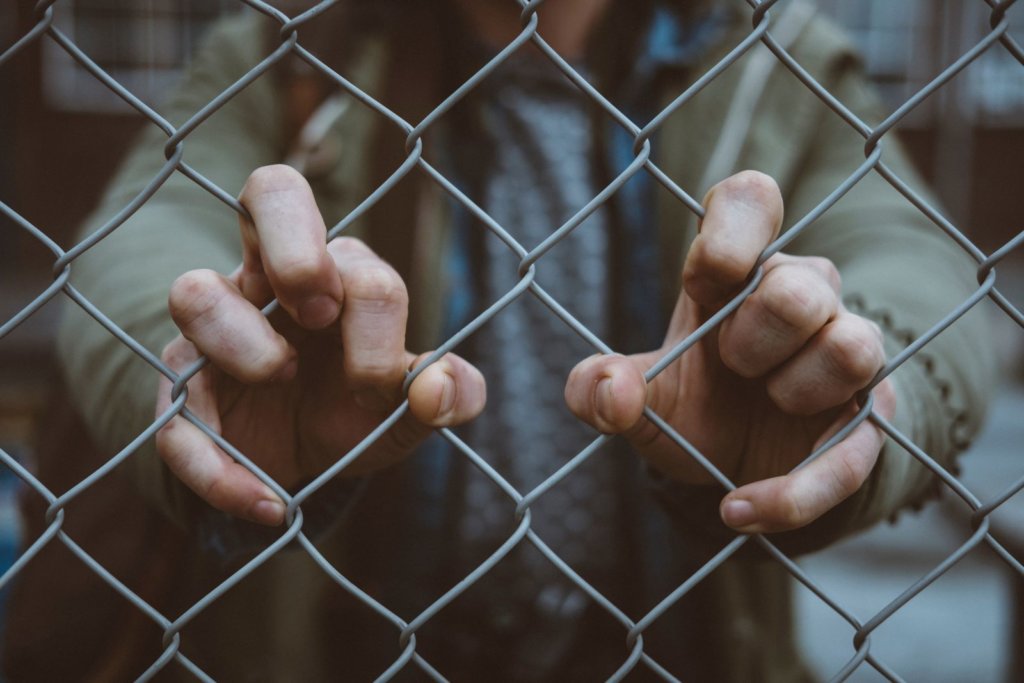
Photo by Mitchel Lensink on Unsplash
Pointing to her heart she said, “This is who you are.” Pointing to her head she said, “And this is where you live.” She reminded them that would always be true – they would always be the people they are in their hearts and they would always live inside their minds. Her statements have stuck with me because she’s right, we do live in our minds and so perhaps that’s where freedom lies as well. Please don’t misunderstand, I’m not saying we should sit back and do nothing about all the injustice going on in the world because we all just live in our heads. What I’m advocating is a three-pronged approach: free our bodies, free our minds, and free our spirits.
A way that I know of to free the mind is to practice meditation. Doing so can free the mind so that a person feels content even while physically imprisoned. That’s not conjecture, by the way. My spiritual teacher modeled that for me. He was jailed and fasted on two cups of liquid for more than five years, but he was still as content as could be. He was an extraordinary human being but he was still a human being. That means he has demonstrated for all of us what is possible. He has shown us that no matter where we are, no matter our circumstances, we can still feel free.
My teacher said practicing santośa, or contentment, will cultivate that feeling. When discussing the intuitional practice of meditation, he said santośa is contentment with receiving things we did not ask for, which to me sounds like freedom.
I dream of a world where we work to free ourselves in body, mind, and spirit. A world where we work to improve the lives of ourselves and others. A world where we remember we live inside our heads. A world where we understand what freedom really means.
Another world is not only possible, it’s probable.
I have a tendency to idealize people, especially leaders. Not government officials because their peccadilloes are well documented, but other leaders like Gandhi and Dr. Martin Luther King, Jr. However, everyone has their flaws. Gandhi was a racist and had some weird, perhaps even abusive, sexual behaviors. Dr. King cheated on his wife. Did both of these men contribute to society and deserve recognition for that? Absolutely. But were they perfect? No.
That’s quite common actually for revolutionaries. I’m going to quote Rutger Bregman from a super-long article in The Correspondent. He read a book by British journalist Helen Lewis called Difficult Women that chronicles the history of feminism in Great Britain. In the book she makes the point many revolutionaries are difficult. Progress tends to start with people who are obstinate, obnoxious, and deliberately rock the boat. Also, doing good work in the world doesn’t mean a person is perfect.
Bregman writes: “Lewis’s criticism is that many activists appear to ignore this complexity, and that makes them markedly less effective. Look at Twitter, which is rife with people who seem more interested in judging other tweeters. Yesterday’s hero is toppled tomorrow at the first awkward remark or stain of controversy.”
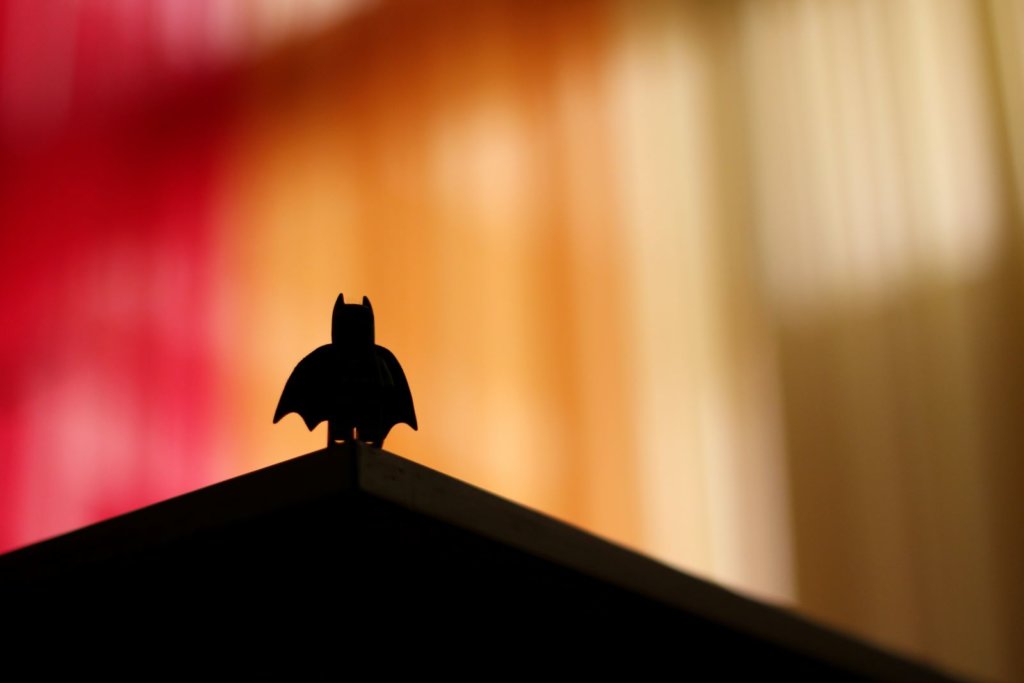
I know it’s a little silly to use a Batman figurine to illustrate this post, but Batman is a human and he’s a hero so. . . Photo by Ali Kokab on Unsplash
I’m reminded you don’t have to be perfect to make great change in the world and in fact, I take heart in that regular people with passion do that all the time. As we’ve recently celebrated Pride, I’d like to mention one such person: Marsha P. Johnson, a Black trans woman, who played a key role in the fight for LGBTQ equality. Three passionate Black women making a difference today are the co-founders of Black Lives Matter: Patrisse Khan-Cullors, Alicia Garza, and Opal Tometi.
You obviously don’t have to be a saint to be a leader, to be a spiritual revolutionary. My teacher says true leaders or spiritual revolutionaries work to achieve progressive changes for human elevation on a well-thought, pre-planned basis, whether in the physical, metaphysical, or spiritual sphere and they follow an ethical code. That ethical code includes things like not intentionally harming others, practicing benevolent truthfulness, not stealing, sacrificing to serve others, etc.
Today I am reminded that you and I can also be leaders in our own right, in our own way. If we are working to elevate humanity and doing our best to be ethical people, we fall into that category. We may never have the notoriety of any of the leaders I mention in this post, but we’re still leaders and the work we’re doing still matters. We need different people playing different roles to create change.
I’m going to end with another quote by Bregman here. He says:
“Our inclination – in talk shows and around dinner tables – is to choose our favorite kind of activism: We give Greta Thunberg a big thumbs up but fume at the road blockades staged by Extinction Rebellion. Or we admire the protesters of Occupy Wall Street but scorn the lobbyists who set out for Davos.
“That’s not how change works. All of these people have roles to play. Both the professor and the anarchist. The networker and the agitator. The provocateur and the peacemaker. The people who write in academic jargon and those who translate it for a wider audience. The people who lobby behind the scenes and those who are dragged away by the riot police.”
I dream of a world where we all work together to make a better society. A world where we recognize we all have the capacity to be leaders. A world where we remember we don’t have to be perfect to make a difference. A world where we see ourselves for the heroes we are.
Another world is not only possible, it’s probable.
I have only told this story to a handful of people but now seems like the right time to share it more broadly. A few weeks ago I wrote a post about being the kind of people we want others to be. I mentioned the peace prayer, which is often mistakenly called the St. Francis prayer. I linked to a couple of stories of ex-KKK members who changed their ways based on relationships with people they used to hate.
After I wrote the post, I started to question the value of what I do, of how I help others. Does it really make a difference that I write a blogpost every week? Am I changing anyone’s life in a deep and profound way by leading a group meditation on Sundays? Would I make more of an impact by befriending someone who is in the KKK and supporting their exit from the Klan?
Literally within a few hours of thinking those thoughts I was zoombombed by neo-Nazis at the group meditation I lead. They started scribbling swastikas over my screen. They asked how many Jews we’ve killed and did whatever they could to disrupt the meeting before my co-moderator and I ejected them. (Since then we’ve tightened security measures at the meeting to keep incidents like that from happening again.)
After I calmed down, I started to laugh. It was as if the universe said to me, “Really? Are you sure you want to befriend neo-Nazis? Are you sure the form of service you provide isn’t worthwhile?” The universe answered my question very quickly and validated for me, yes, this is what my gifts are, and yes, they are needed.
I bring this up because I’ve had conversations with several people – both white and black – who have lots of feelings about not being on the streets protesting the treatment of black and brown people. There’s a feeling they “should” be and maybe some guilt that they aren’t. I get it because I feel that way too. I want to support black, brown, and indigenous people. I want them to know I’m not OK with how they are treated and protesting is one way to demonstrate that. However, my nervous system cannot handle large crowds. I start to panic when I’m in large groups which is why I never attend concerts or sports games at large stadiums. Even going to a shopping mall wipes me out.
Yesterday I went to a small protest near my house but there is no way I can be in a throng of people. When I think about my zoombombing experience, I realize that’s OK. Everyone has different gifts and different abilities. We are all special in our own way and however we’re choosing to show up in the world is valid. A symphony orchestra requires numerous instruments to create beautiful music. Humanity is like that symphony – we can’t all be the cello.
In fact, my spiritual teacher says, “[D]iversity is the order of providence. One must remember that identicality is disowned by nature – nature will not support identicality … diversity is the law of nature and identicality can never be. But diversity is not the same as disparity. Disparity encourages exploitation based on differences, while diversity recognizes multiplicity which reflects underlying unity.”
I dream of a world where we recognize we’re not meant to all do the same thing. A world where we realize we are like the instruments of a symphony orchestra – each part is important, beautiful, and adds to the whole. A world where we cherish how we personally contribute to society. A world where we recognize we are made to be different.
Another world is not only possible, it’s probable.
It’s a three-day weekend here in the U.S. and it has me contemplating another three-day weekend from 2013. It was Labor Day and I had just moved into a new place, a cottage. I was excited at the prospect of not sharing any walls or ceilings with a neighbor and looked forward to much-needed peace and quiet. However, on that Saturday, the property manager of the complex played loud music well into the night – 1 a.m. ticked by, and then 2 a.m.
I called her, no answer. I texted her, no answer. I left my bed and knocked on her front door. No answer. Finally, I walked around to her bedroom window and knocked, asking her to turn off her music. She complied. Peace at least.
However, the next morning, I woke up to 27 text messages from her that were mildly threatening: “How dare you knock on my window? How would you like it if I knocked on your window? I’m going to tell the landlord!” etc. I apologized for startling her but explained it escalated to that point because I wasn’t able to reach her in a less intrusive way. I thought that would be the end of it. Wrong. The next day I overheard her talking to my next-door neighbor about me. But what stuck out the most is she said, “It’s the weekend! I’m allowed to be as loud as I want on the weekend!”
No. Just no. You are NOT allowed to be as loud as you want because you don’t have work the next day. There are still rules and noise ordinances. What makes the situation even more infuriating is as a property manager she was supposed to be enforcing the rules, not breaking them.
This woman comes to mind frequently because her sense of entitlement and self-centeredness runs rampant in the U.S. I’m seeing that a lot especially during this pandemic. Some people think and behave as if their individual needs are more important than collective needs.
My spiritual teacher says, “But if we analyze with a cool brain, it becomes quite clear that just as my life is important to me, others’ lives are equally important to them; and if we do not give proper value to the lives of all creatures, then the development of the entire humanity becomes impossible.”
Furthermore, if we look at it a little more closely, we see collective welfare lies in individuals and individual welfare lies in collectivity. I tried to think of an example where my individual welfare doesn’t contribute to collective welfare, and none came to mind. In the case of my former property manager, her perceived individual welfare negatively impacted the collective because it meant not only I, but the other tenants, may also have been groggy and sleep-deprived, which in turn affected our mental functioning, which in turn affected our interactions with ourselves and others, and so on.
If I flip that around, getting enough sleep positively impacts the collective for the same reasons. In fact, my spiritual teacher is quite adamant that individual liberty should not go against the interests of the collective body. He says it is important for all of us to develop a rationalistic mentality, or “awakened conscience.” What that means is studying the pros and cons of each decision, but also factoring in whether the decision contributes to the welfare of all.
At this point people might be thinking I’m “un-American,” to which I say yes, I am, if “un-American” means I care about how everyone is doing, not just my small circle. Yes, I’m un-American if that means I value not just my life but life in general. Yes, I’m un-American if that means I think we should all learn how to live in harmony with one another in a more fair and equitable way. Yes, I’m un-American if that means I have my sights set on a better world for us all.
I dream of a world where we recognize collective welfare matters. A world where we realize individual welfare lives in the collective and collective welfare lies in the individual. A world where we all take care of each other. A world where one person is not allowed to negatively impact those around them. A world where we let ourselves be “un-American.”
Another world is not only possible, it’s probable.
